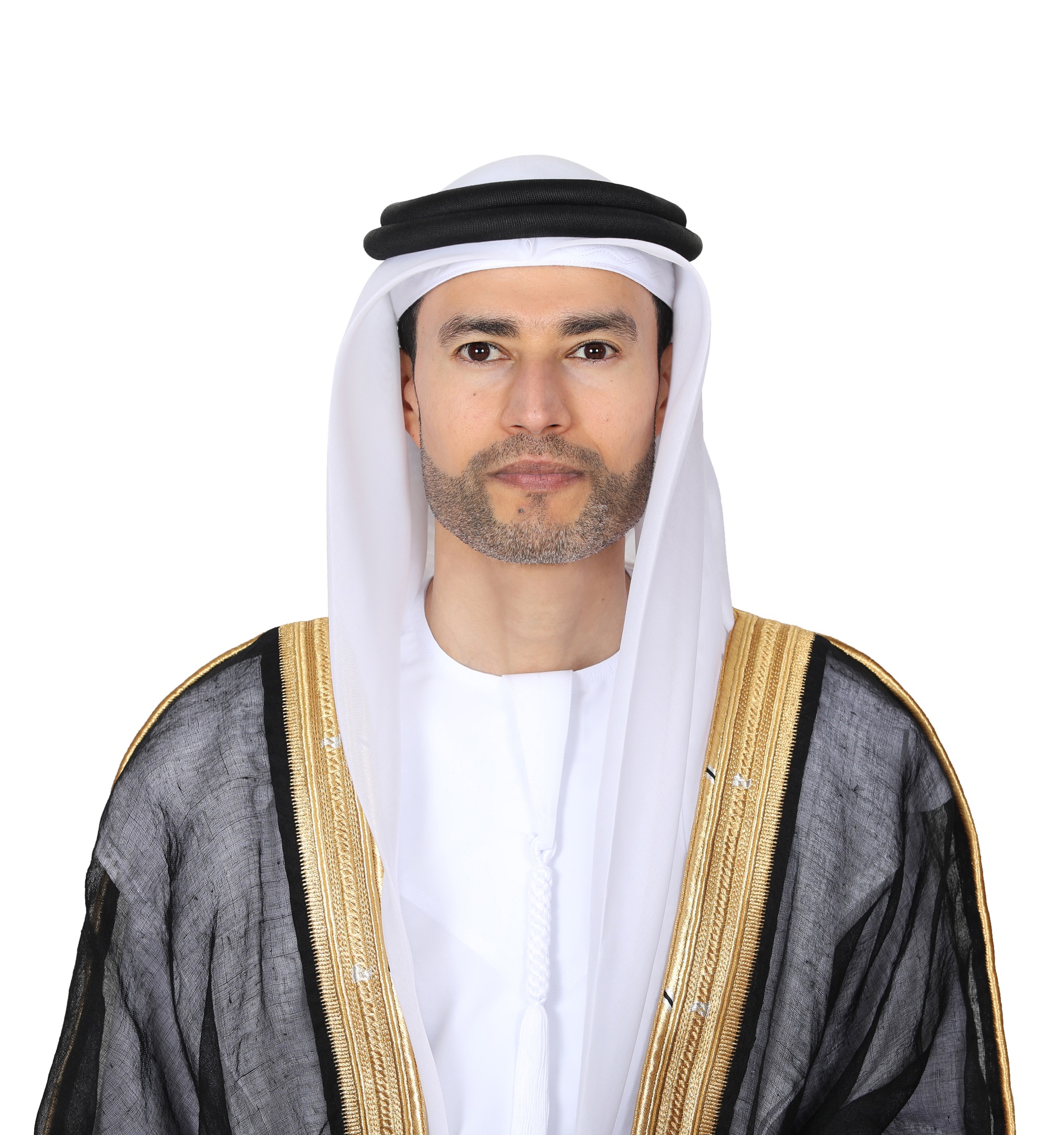- Ministry of Finance
CAREERS
ASSOCIATED ENTITIES
- Policies & Legislation
Tax Policies & Guides
FEDERAL BUDGET
- Services
- Media Center
CAREERS
ASSOCIATED ENTITIES
28 November 2023
As the 2023 United Nations Climate Change Conference (COP28) kicks off in Expo City Dubai, bringing together representatives from 198 countries to address urgent climate change challenges, one crucial focus stands out – climate finance.
This year’s conference revolves around four paradigm shifts: fast-tracking the energy transition and reducing emissions before 2030, fulfilling past commitments while establishing the framework for a new financial agreement, prioritising nature, people, lives and livelihoods in climate action, and striving for the most inclusive COP.
Dedicating a Finance Day during the conference, coinciding with the UN General Assembly’s International Day of Banks on December 4, enhances the importance of the COP28 Presidency’s call – it’s time to unite, act, and deliver tangible results against climate change.
Projects that promote climate resilience, particularly in communities committed to climate neutrality and reduction of carbon emissions, demand effective and sustained financing to achieve the UN Sustainable Development Goals by 2030 and expedite global carbon neutrality by 2025.
The UAE has established a pioneering model in climate finance, both locally and internationally. At a national level, it will invest more than AED600 billion (US$163 billion) in clean and renewable energy over the next several years to achieve net-zero emissions by 2050, pledging to triple the production capacity of renewable energy by 2030.
Meanwhile, at an international level, the announcement of His Highness Sheikh Mohamed bin Zayed Al Nahyan, President of the UAE, during the opening of the World Climate Action Summit to establish a US$30 billion fund for global climate solutions, affirms the UAE’s sincere commitment to changing the global landscape with valuable initiatives that reflect on humankind.
Moreover, the UAE has pledged US$100 million to a global climate fund, and allocated US$200 million to the Resilience and Sustainability Trust (RST) of the International Monetary Fund, exemplifying its dedication to supporting the UN Sustainable Development Goals and addressing climate change challenges.
The UAE’s financial contributions, exceeding AED60 billion (US$16.8 billion), extend to renewable energy projects globally, especially in developing countries and climate-fragile communities in Africa, Asia, the Caribbean and small island states impacted by climate change.
In September 2023, the UAE announced a landmark finance initiative that will provide US$4.5 billion to help unlock Africa’s clean energy potential. The initiative aims to provide 100 million people across the African continent with clean electricity by 2035, responding to the current global reality where investment in African renewables constitutes only two per cent of the total global investment.
The UAE’s model in financing sustainable projects is focused on achieving tangible results, setting an example for a paradigm shift in financing climate-resilient projects that guarantee a sustainable future for generations to come.
The COP28 Presidency has emphasised the need for globally collective climate action, urging collaboration across industries. The UAE spearheads climate finance initiatives, establishing platforms for trading carbon credits, enhancing opportunities for financing green and circular economies, and paving the way for climate-resilient, low-carbon economies.
Encouraging strategic partnerships, COP28 supports initiatives like the Partnership for Accelerating Clean Energy (PACE) between the UAE and the United States, aiming to invest US$100 billion to generate 100 gigawatts of clean energy by 2035.
In turn, the UAE Ministry of Finance is eager to collaborate with all relevant entities to identify climate finance gaps, strengthen policies to mitigate the impact of climate change on capital flows, and assess the macroeconomic risks that may be caused by the economic, social, and environmental repercussions of climate change.
The Ministry also supports efforts to develop the sustainable finance sector and update fiscal policies to keep up with climate finance trends. It is committed to transforming climate change challenges into opportunities through joint efforts, knowledge exchange, and the implementation of best practices.
Climate finance that supports climate action is a vital avenue to enhance the opportunities of the green and circular economies. Therefore, the UAE will continue its collaboration with international financial organisations, leveraging global activities at COP28 to stimulate impactful climate finance.
This is a clear roadmap, drawn by UAE-led initiatives and programs to accelerate climate action and provide effective financing, especially in communities most vulnerable to the consequences of climate change. Under its visionary leadership, the UAE will continue its pioneering role as a global enabler of climate action that achieves tangible results in improving the lives of individuals, communities, and the planet.
